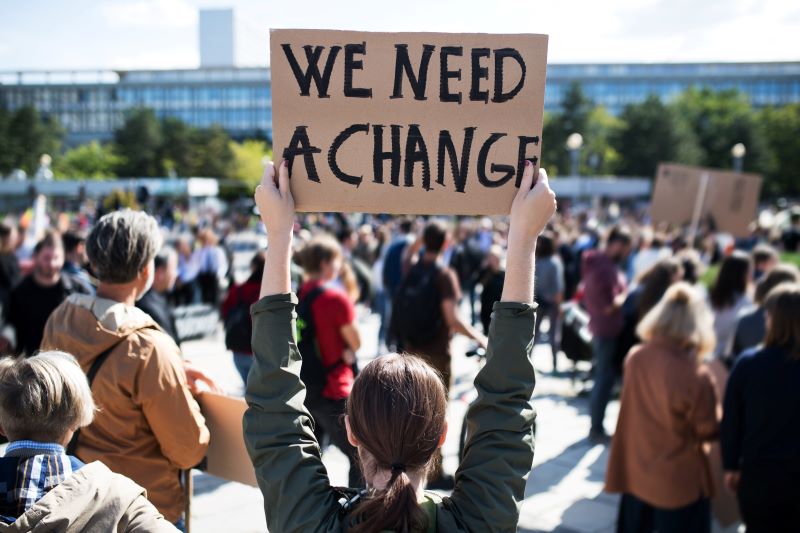Net Zero Faces Criticism: What Are the Alternatives?
- Categories:
- Climate Change
- Energy

What is net zero?
Net zero refers to the aim of reaching net zero greenhouse gas (GHG) emissions. It involves reducing emissions with the ultimate goal of balancing emissions produced and removed from the atmosphere. The focus is on both reducing emissions and absorbing carbon dioxide from the atmosphere through other means, rather than just offsetting the amount that is produced.
Related article: Net Zero vs. Carbon Neutral: What’s the Difference?
Why is net zero facing criticism?
Although the aim of net zero is to actively cut emissions where possible, the way some people (and businesses) have interpreted net zero has made it somewhat meaningless. There is a ‘cop out’ which means that an actual reduction in greenhouse gas emissions can be avoided.
The problem is of course not the ‘net zero targets’ themselves, but that they’re being used as excuses to postpone real action.
Companies can do things like buy carbon credits for the amount they create and still claim to be net zero. This means that companies are labelling themselves net zero without making much of an effort to actually cut carbon emissions; they are just doing ‘carbon offsetting’ instead.
The concern is that these individuals or corporations are relying on fictional levels of carbon removal in the future to avoid cutting emissions now.
Related article: What is Greenwashing and Why Is It Damaging?
Critics argue there needs to be more of a focus on cutting emissions drastically now, and this needs to be reframed away from net zero in order for proper climate action to take place.
For example, climate activist Greta Thunberg has suggested on Twitter that “the problem is of course not the ‘net zero targets’ themselves, but that they’re being used as excuses to postpone real action”.
As we explored in an earlier article, there has been too much of a focus on the amazing and innovative technologies that can remove carbon from the atmosphere. While there is nothing wrong with such technologies in principle, it is very difficult and expensive for them to be rolled out on a mass scale.
Similarly, while planting trees is very important, we can no longer rely on trees to absorb all of the carbon emissions that humans generate, especially with recent warnings that the Amazon rainforest has tipped from a carbon sink to a carbon source.
What are the alternatives to net zero?
Some people believe that although net zero is flawed and has been misinterpreted, it is still the best option we have to fight the climate crisis.
However, others believe that there are some alternatives that could be more successful and are arguing for new climate pledges for business and governments. These need to have clear, robust and scientifically-sound goals.
Pledges should also consider the emissions that have been emitted in the past – or ‘historic emissions’ – so that we are fully taking responsibility for and, ultimately, removing our share of pollution. In other words, we need to clean up the mistakes we’ve already made!
Moreover, rather than faraway goals, pledges should have more immediate milestones that we can keep track of the action that is being done now, rather than putting it off to a future moment in time.
There also needs to be clear and transparent climate reporting by all businesses to ensure that everyone is being held to account for their actions on this planet.
Dr. Jonathan Foley suggests a new “Emissions 360” pledge framework that is focused on bringing emissions to zero as quickly as possible, helping others do the same, using carbon removal as a last resort, paying for the “social cost of carbon”, equitably addressing historic climate pollution, and making climate justice a priority in all actions.










